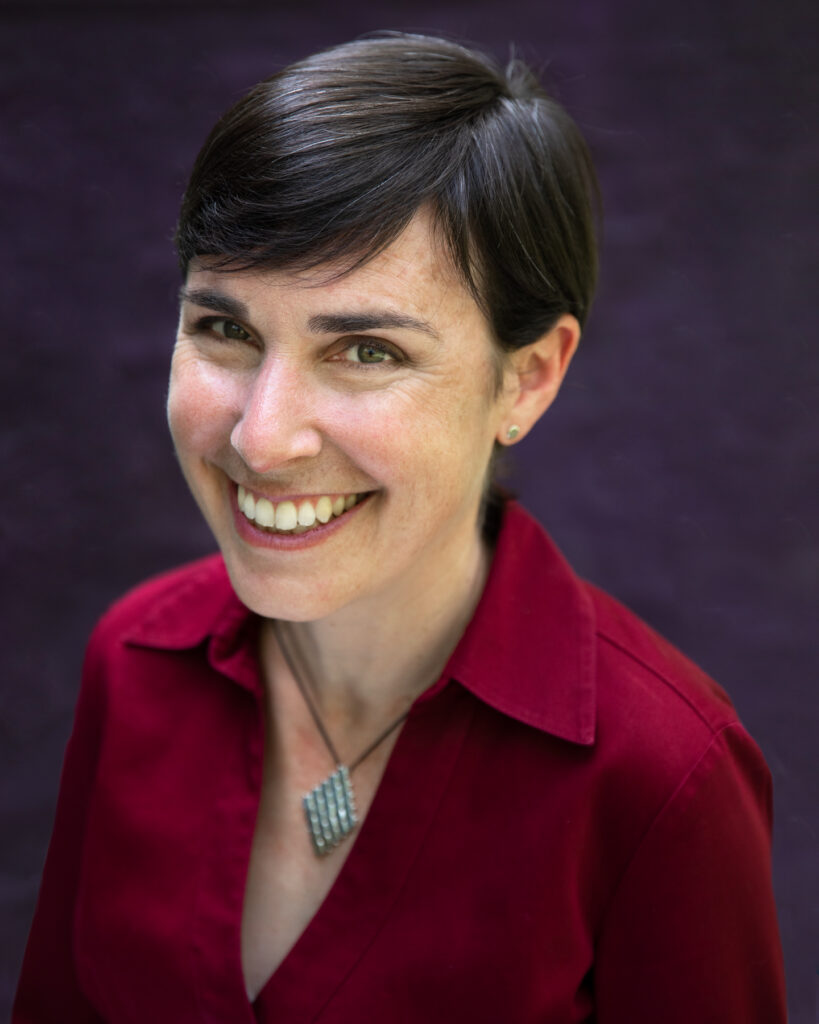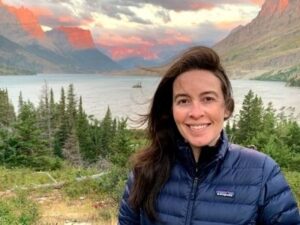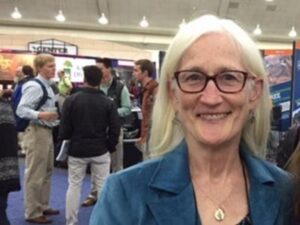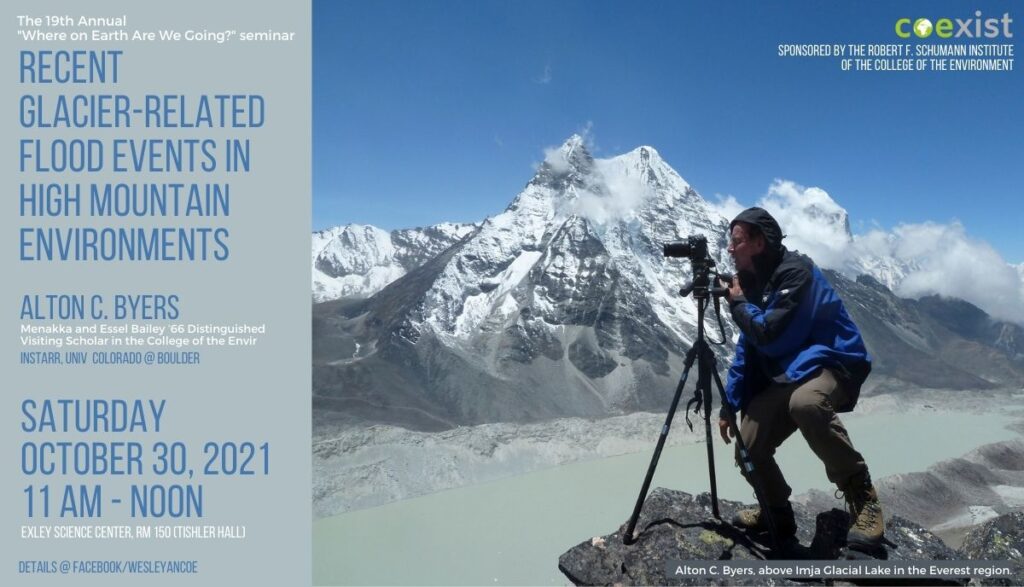
Janice P. Nimura is the Menakka and Essel Bailey ‘66 Distinguished Visiting Scholar in the Bailey College of the Environment for the 2023-24 academic year. She is a writer, finalist for the 2022 Pulitzer Prize in biography, and a member of this year’s COE Think Tank. Her work is based on groundbreaking 19th-century American women, and she is currently working on a project studying Rachel Carson and the women who came before and after her. Janice will be giving a talk on this subject, entitled Knowing Their Place: Rachel Carson and the Women Who Came Before Her, at the annual “Where on Earth Are We Going?” symposium on Saturday, October 28, here on campus. I had the pleasure of talking with her about her upcoming discussion.

 The COE shares faculty from across departments and programs at Wesleyan, including government, history, art, dance, computer science, English, philosophy, environmental science, biology, African American studies, physics, classical studies, chemistry, Science in Society, theater, religion, economics, archaeology, and more. Katherine Brunson is a zooarchaeologist and assistant professor of archaeology at Wesleyan who studies the origins of China’s domesticated animals and the environmental impacts of animal domestication in China. She is currently investigating the genetic relationships between domestic cattle and the extinct East Asian wild aurochs. She also codirects the online Oracle Bones in East Asia project on
The COE shares faculty from across departments and programs at Wesleyan, including government, history, art, dance, computer science, English, philosophy, environmental science, biology, African American studies, physics, classical studies, chemistry, Science in Society, theater, religion, economics, archaeology, and more. Katherine Brunson is a zooarchaeologist and assistant professor of archaeology at Wesleyan who studies the origins of China’s domesticated animals and the environmental impacts of animal domestication in China. She is currently investigating the genetic relationships between domestic cattle and the extinct East Asian wild aurochs. She also codirects the online Oracle Bones in East Asia project on 

